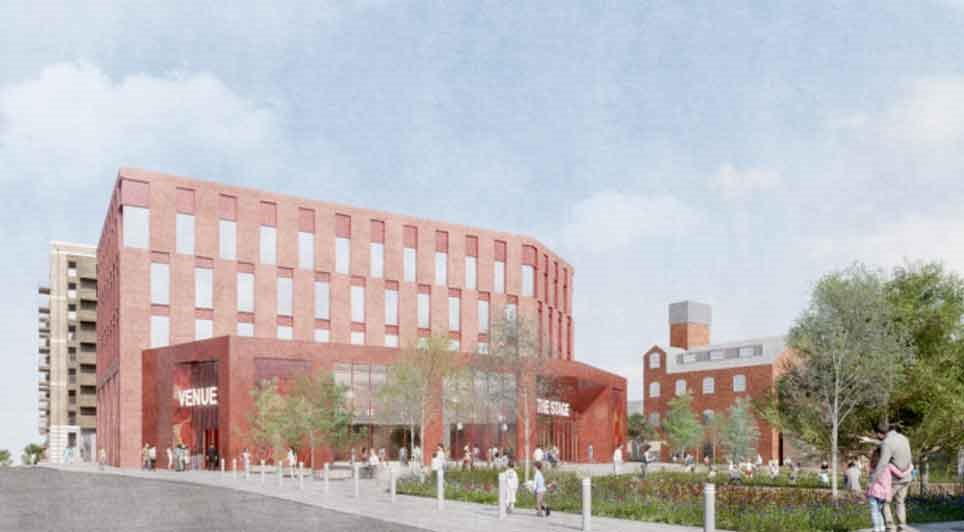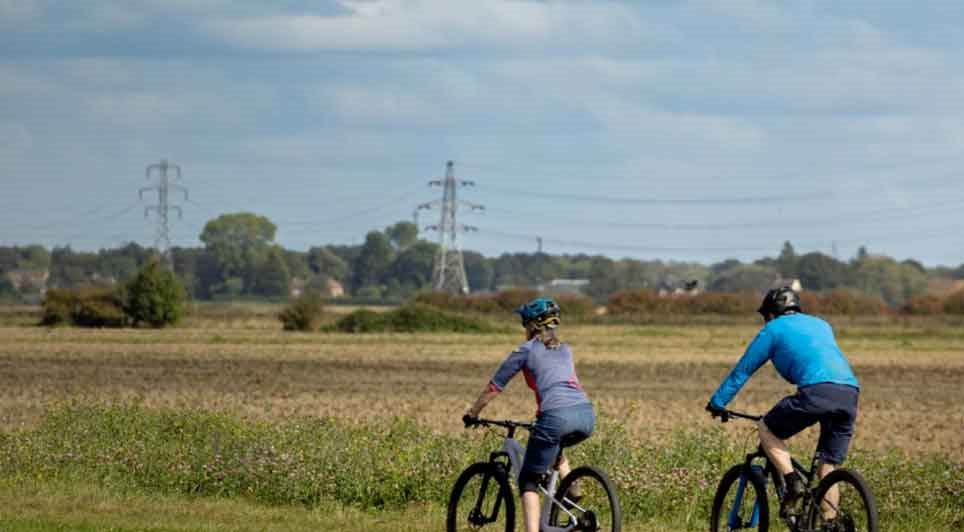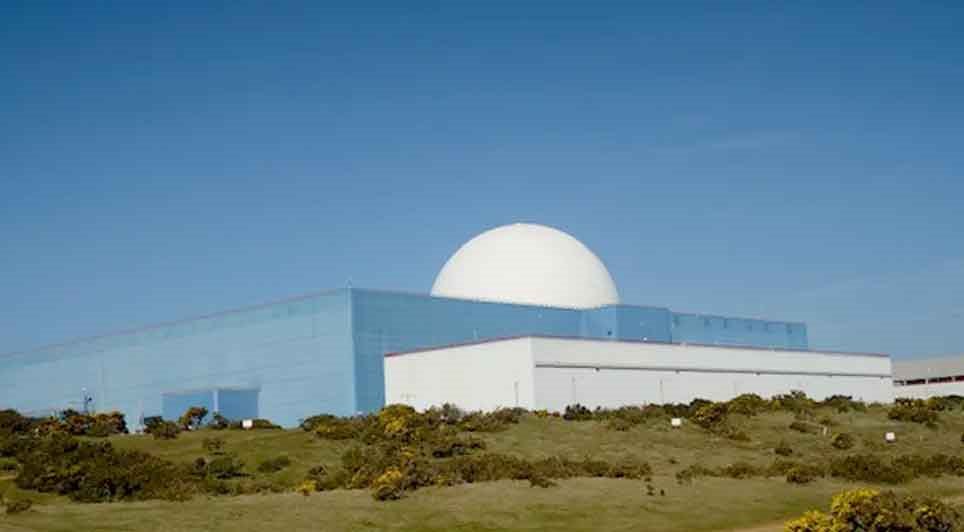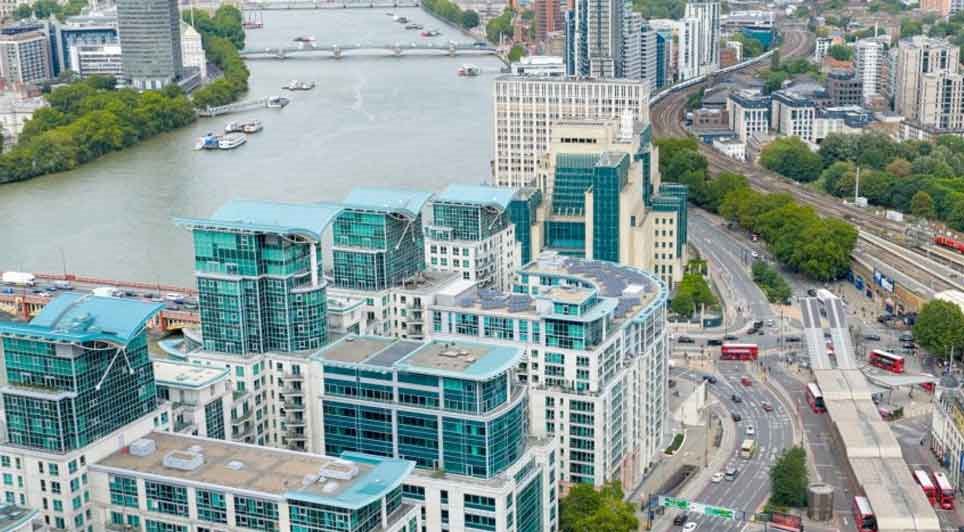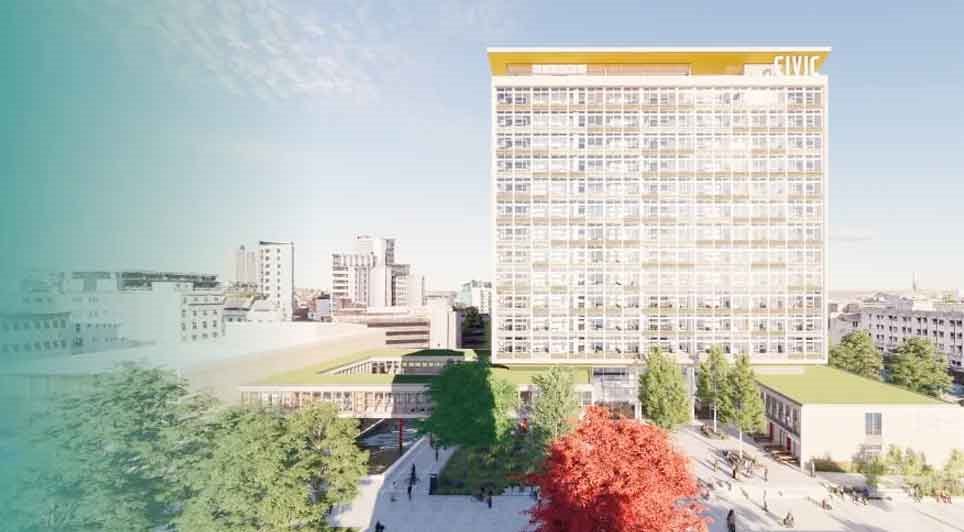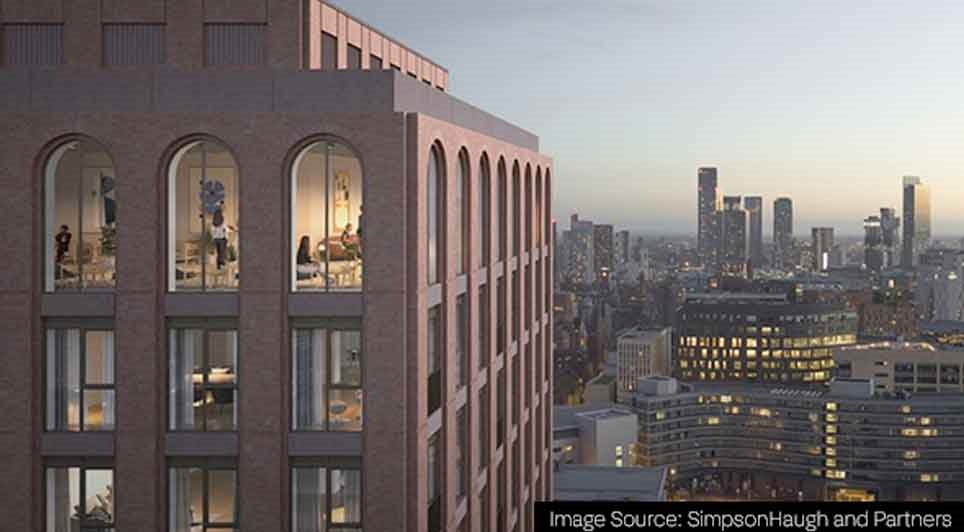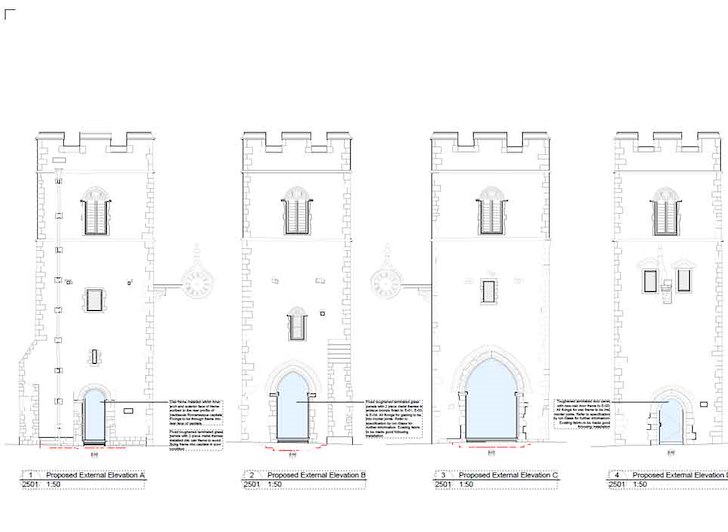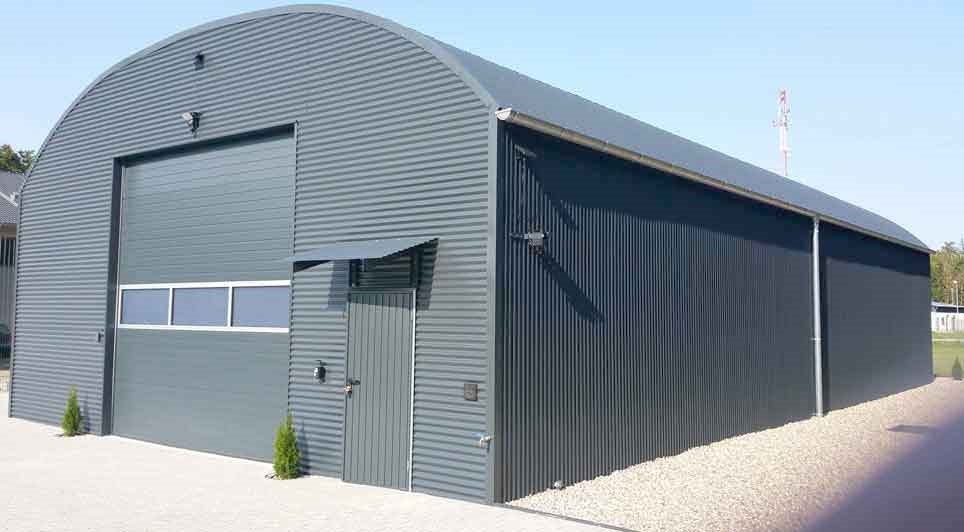Industry currently accounts for around 55% of CO2 emissions while in comparison commercial air travel accounts for 5% of the CO2 emissions in the UK.
This presents industry with a tough challenge in an ever more competitive, environmentally sensitive global market. Industry can reduce these emissions without a negative effect on performance, in fact quite the opposite, in the vast majority of cases, whilst reducing emissions, industry can improve its performance both physically and financially.
Surprisingly, much of the recent government, media and public attention on environment issues relating to greenhouse gas emissions has been focused toward the areas of commercial air travel, vehicle emissions, and latterly residential property, but not the challenge faced by UK Industry.
Whilst these are very important aspects in the fight against the dramatic increase in greenhouse gas emissions, these are not the areas where significant immediate reductions can be achieved.
There has been much public debate recently about domestic lighting, but none about Warehouse and Industrial lighting, a substantial amount of which is currently running 24/7. There is a genuine lack of knowledge and understanding of the significant detrimental impact that commercial lighting has on our environment.
Just one typical commercial 400W high pressure sodium or metal halide light fitting which burns 24 hours a day, 7 days a week, 52 weeks a year is responsible for the emissions of 1.69 tonnes of CO2 per year.
Award winning UK Company, Somar International Limited produce a replacement light fitting which leading companies such as Rolls-Royce plc, British Ceramic Tile, Heinz and Imerys have installed to significantly reduce their carbon emissions, whilst maintaining or even increasing light levels within industrial buildings.
Roger Williams, CEO of the UK Warehousing Association commented: “It is very important that UKWA members work with leading technology companies such as Somar to implement energy related projects which, can not only generate substantial environmental and financial benefits, but also allow those companies to continue their current working practices."
(JM/SP)
 UK
UK Ireland
Ireland Scotland
Scotland London
London


